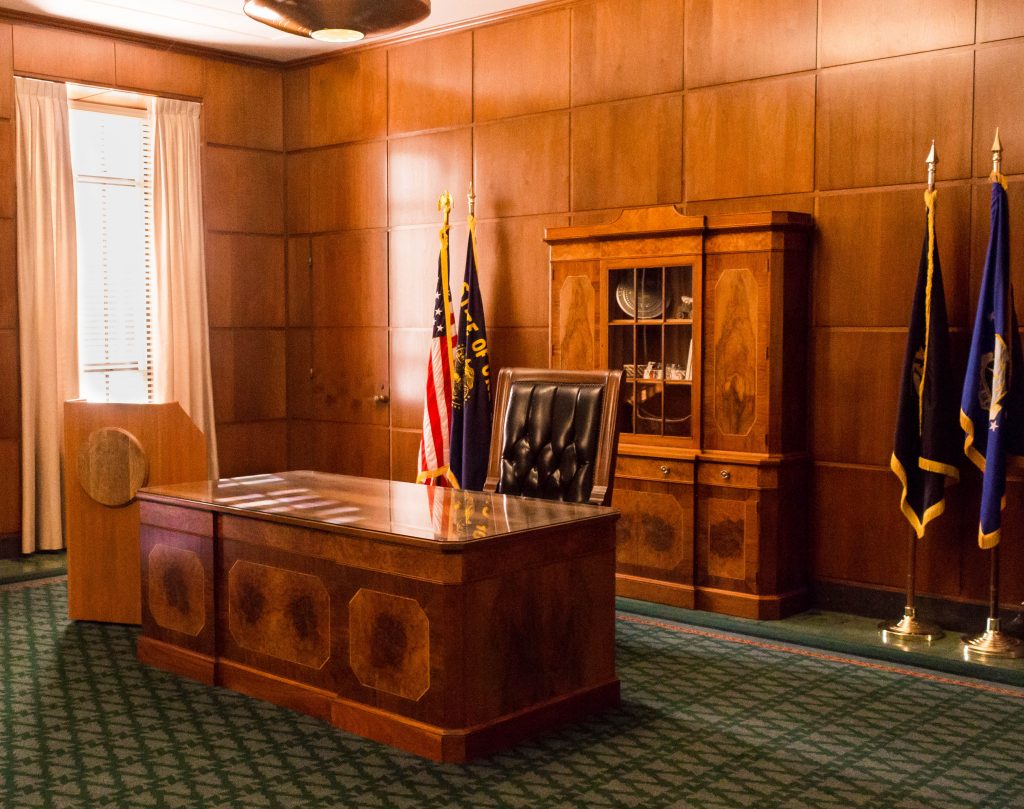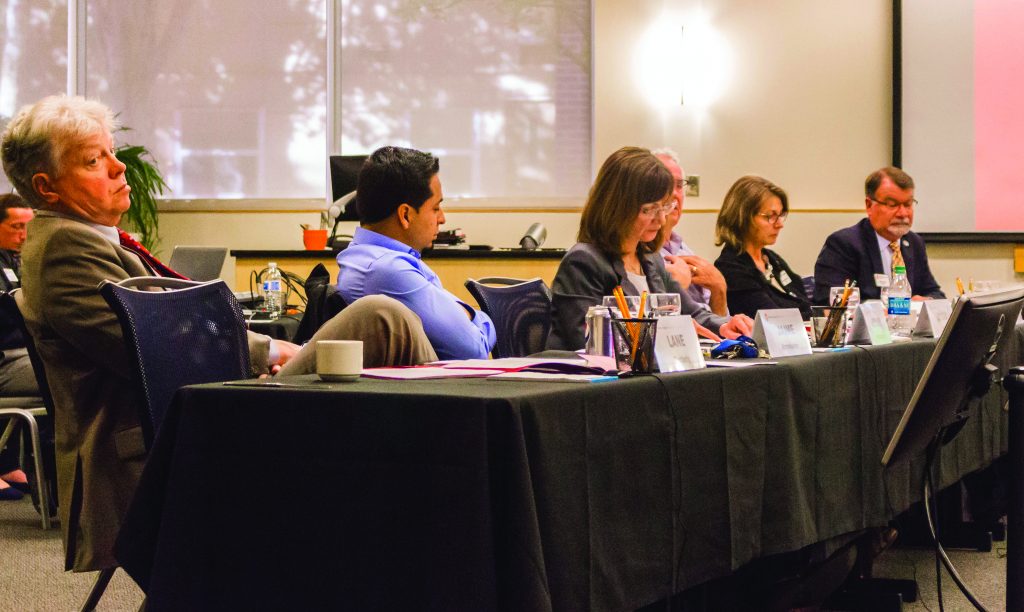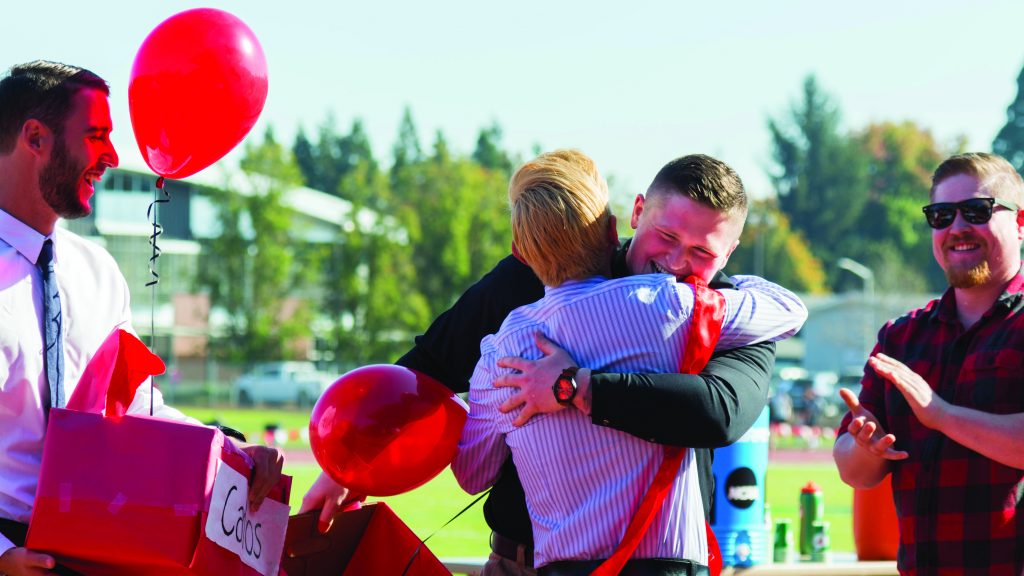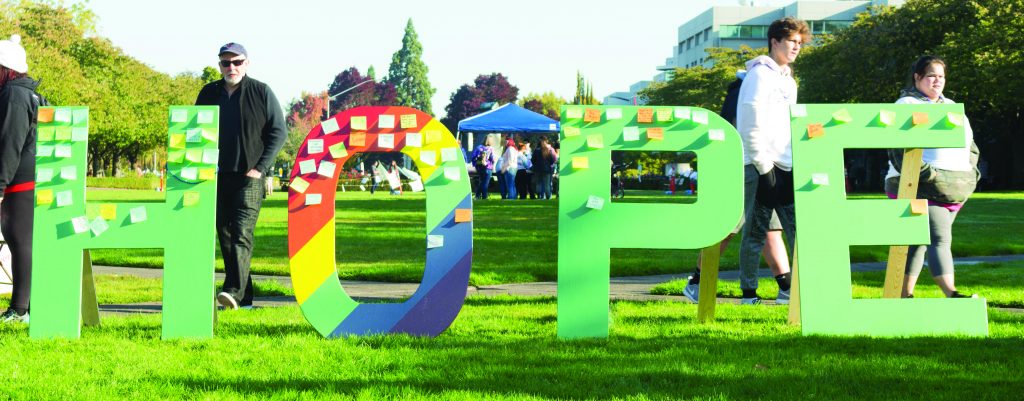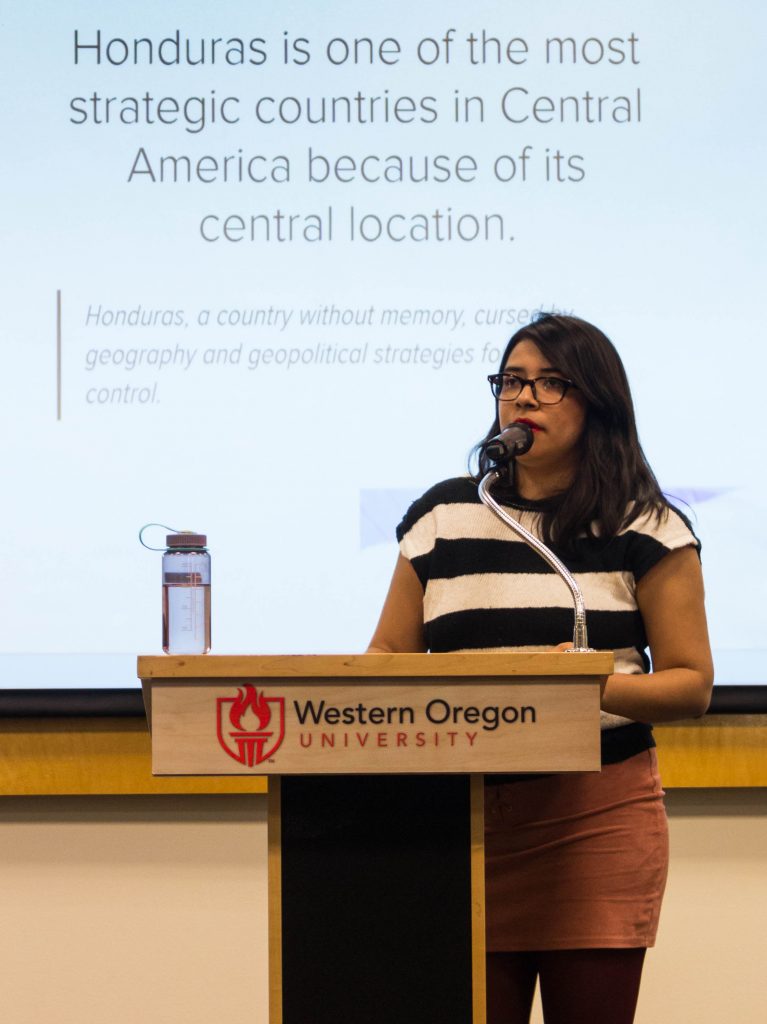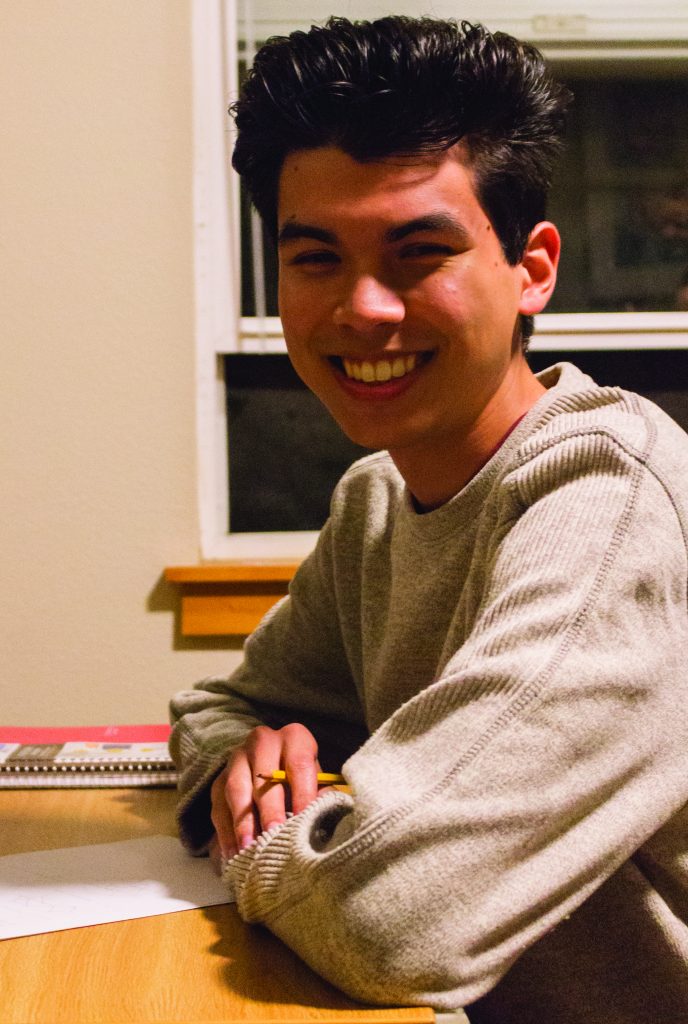
Bailey Thompson | News Editor
Of the 52 majors offered at Western, sophomore Josh Salsbury has chosen to be a math major. After finding success and being awarded Outstanding Freshman in Mathematics last year by the Math Department faculty, Salsbury currently works as a tutor in The Math Center and as the Finance Director for Western’s Residence Hall Association — both positions that relate directly to his major.
When asked about his motivation in becoming a math major, Salsbury reflected back on experiences he had before coming to Western.
“I had a really awesome calculus teacher when I was in high school,” said Salsbury. “It was that combined with learning that the way math is taught in schools isn’t a good reflection of what math actually is. Learning that there was a lot more to (math) really inspired me to learn more about it.”
In learning about math, Salsbury shared that there is more to the process than many people initially think.
“With a math major, it’s not just about being able to do math,” Salsbury said. “A lot of what it teaches you…is doing things efficiently or finding the best way to do something.”
According to the Mathematics page on Western’s website, there are a number of career opportunities that are available to a math major. Amongst them, a few options listed include computer scientist, cryptographer, business operations specialist, elementary and secondary math teacher and financial analyst.
Salsbury is still deciding which pathway to pursue within mathematics.
“I was originally going to go for a career in software engineering because I’m also getting a computer science minor…but I’ve been talking to a couple of professors and they think I’d make a really good professor…(and) it’s something I’ve been considering.”
Besides the future possibilities the major holds, Salsbury also values the Math Department for another reason: the people involved.
“The Math Department is one of my favorite communities on campus,” said Salsbury. “And that’s a combination of both the faculty and the students. It’s a small enough department that it’s really easy to make friends and get to know people.”
Salsbury also praised the math faculty who help make the program what it is.
“I don’t think I’ve met a group of professors so dedicated to getting to know their students and helping them succeed in life,” said Salsbury.
Whether students are interested in math or not, however, Salsbury offered a piece of advice:
“If you look hard enough you will find your community. There are always more places to explore, people to get to know. And, in my experience, it’s been really easy to make close friends. And the more you put yourself out there, the more likely you are to find those people that you really care about.”
Contact the author at howlnews@wou.edu
Photo courtesy of Ashlynn Norton


